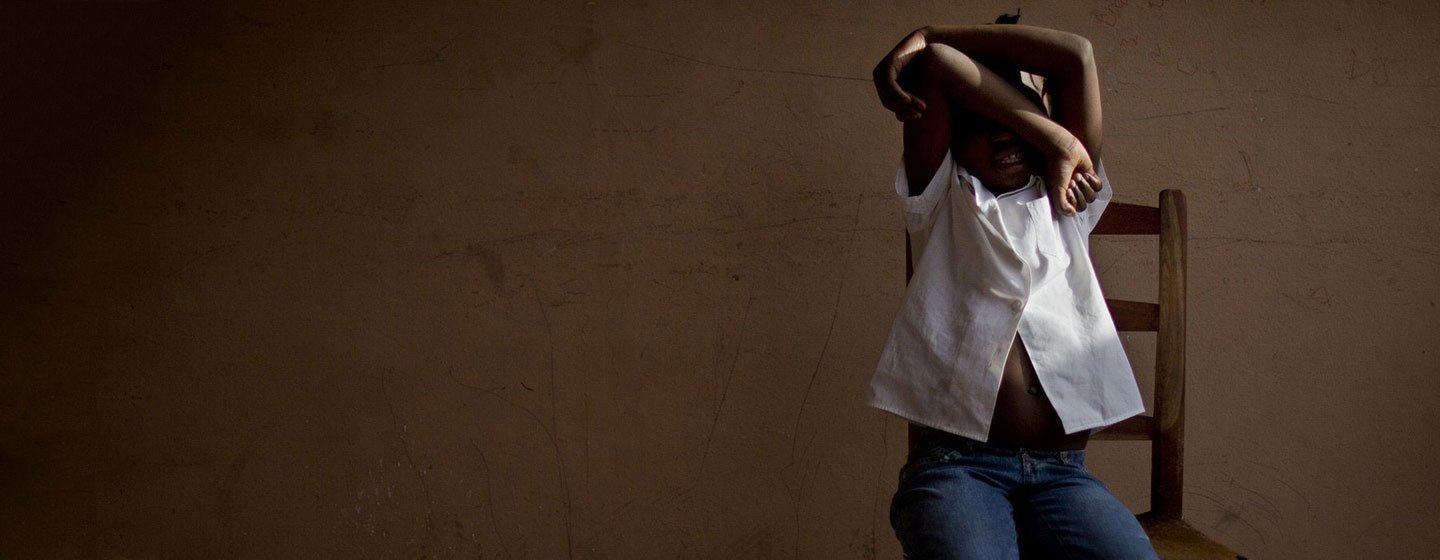People who fall prey to criminal networks and human traffickers are just looking for ways to better their lives, the United Nations says.
UN Pacific coordinator on Drugs and Crime (UNODC), Dr Rebecca Miller, said there were a lot of factors fuelling trafficking across the region.
She said Covid-19 has exacerbated the crisis in the Pacific.
“We’ve seen a lot of vulnerabilities have increased as people really struggled during the pandemic,” Miller said.
Miller attended the Pacific Regional Forum on Trafficking in Persons and Smuggling of Migrants conference in Fiji last week.
“There’s real desperation in finding employment and a lot of people went into debt,” she said.
Miller said men, like women, were equally vulnerable to being trafficked with the majority forced into labour-intensive industries like construction or fishing.
“If you look at our global Trafficking in Persons Report, you see a lot of the statistics are higher for women and children,” she said.
“But this is sometimes the fact that we actually don’t acknowledge men as being victims of trafficking and this is one of the issues that we sometimes have in relation to our data collection systems.”
Conference participants agreed joint collaboration between multiple agencies nationally and regionally was vital in combatting global human trafficking.
Henrietta McNeill, of the University of Hawaii at Mānoa, said the Pacific’s vast oceans, unique geography and limited law enforcement resources “made it difficult to monitor porous borders for transnational crime.
“The region is host to an increasing volume of illicit drug, wildlife, firearm and human trafficking, amongst other transnational cyber, financial and environmental criminal activity,” she wrote in her report ‘Building knowledge about human trafficking in the Pacific’.
The UN also believed these were some key factors that weren’t just affecting the Pacific but around the world.
“People just want to better their lives,” Miller said.
“They’re looking for opportunities to provide better education for their families to support themselves and to have the livelihood that we all want, and often these opportunities are not in the city that we’re from, they might be in another country.
“Sadly, we have a lot of criminals and human traffickers are looking to take advantage of that. And basically, it’s for profits. They want to exploit people for profit,” Miller said.
The 2022 US Department of State Annual Trafficking in Persons Report has classed countries based on their efforts to eliminate human trafficking.
In the Pacific, only Australia was granted Tier 1 status because they had met the minimum standards to eliminate human trafficking.
At Tier 2, New Zealand (downgraded in 2021), Fiji, Marshall Islands, Federated States of Micronesia, Solomon Islands, Timor-Leste and Vanuatu did not meet the minimum standards but were making efforts to get there, the report said.
Papua New Guinea, Palau and Tonga are on the Tier 2’s Watchlist, which means they do not meet the standards and continue to have significant human trafficking issues.
Miller said the Pacific remained a transit point for human trafficking, particularly in the fisheries industry, in which modern slavery was prevalent.
“Fisheries observers have faced death threats, with three I-Kiribati fisheries observers killed in suspicious circumstances since 2009.”
She said the UN is working with Fiji’s Bureau of Statistics to estimate the prevalence of human trafficking in the Pacific nation.
Early research has found that more than 5000 people were “hidden victims” of human trafficking in Fiji from 2017 to 2021.
“The more we can strengthen data collection systems across all the agencies who are working to combat human trafficking, it will help give us a more accurate picture in relation to understanding the problem,” Miller said.
SOURCE: STUFF NZ/PACNEWS














